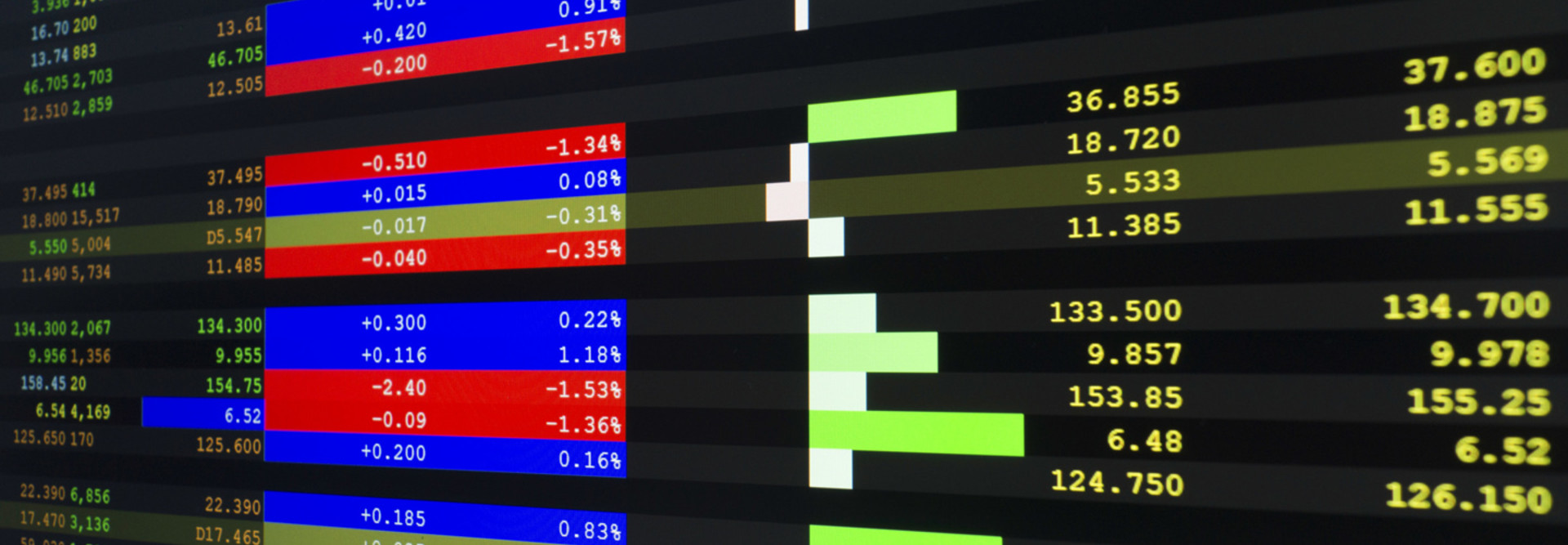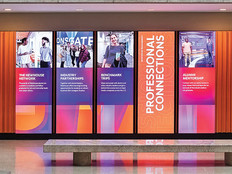How Digital Signage is Breaking Communication Barriers [#Infographic]
The static signs of the past just don't cut it in an increasingly connected space like a college campus. Advances in digital-sign technology — screens using LEDs or LCDs to display graphics, text and video — have helped keep higher education institutions in touch with students and faculty.
Industry Weapon, a Pittsburgh-based media company specializing in digital-signage applications, has created an infographic titled "Campus Technology Crave" that shows the benefits of schools incorporating digital signage.
The infographic stresses that commuters and distance learners can take in digital sign content while on the go. The technology also helps to quickly communicate details on emergency situations or threats on campus.
Businesses, healthcare organizations and universities have started using digital signage more because the signs let those groups dynamically tailor their messages to specific audiences.
According to the infographic, 96 percent of students notice digital signage immediately, and three out of five students can recall the content days later.
In August, EdTech shared how West Virginia University has deployed more than 100 digital signs since 2007 and has seen increased engagement among students and faculty.
WVU now uses its signs for a wide variety of communications, such as advertising special events, helping to direct visitors around campus and sharing information about people and places.
Spencer Graham, the manager for WVU’s Information Stations, said that in the seven years the university has been using digital signage, the technology has advanced tremendously.










